Concussion is defined as a head injury accompanied by a temporary loss of brain function. A concussion is associated with many physical, cognitive, and emotional symptoms. Any kind of head trauma may cause a minor concussion if forceful enough.
All people need to be familiar with the symptoms of a mild concussion. This way, they can recognize the condition after the injury, take it seriously and transfer the injured person to the near medical center where he/ she will receive proper treatment.
Symptoms of Mild Concussion
One of the most prominent symptoms of minor concussion is headache. This is quite reasonable since the injury is actually related to the head. The headache usually starts right after the injury, or it may take some time before it occurs. The headache associated with a minor concussion is usually in the form of throbbing pain.
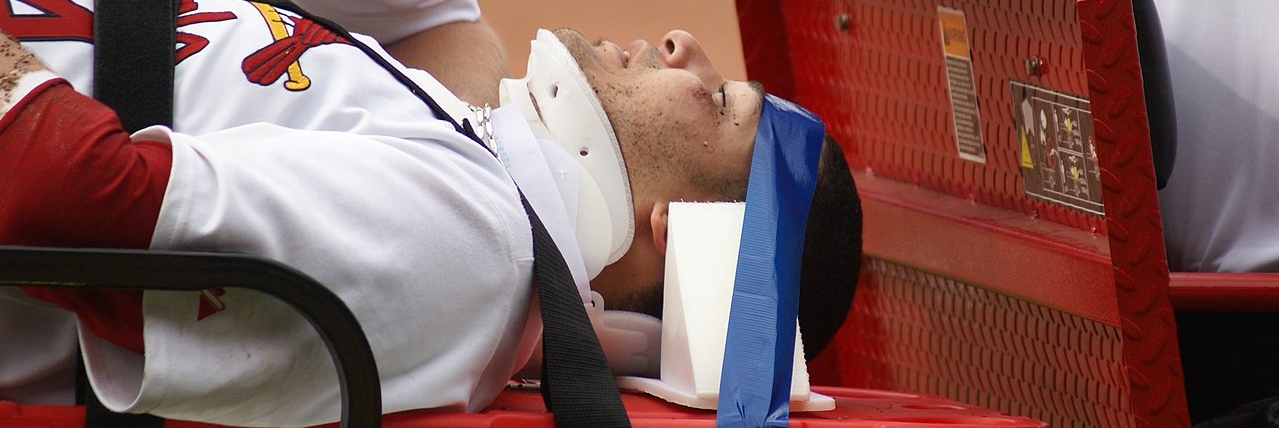
Furthermore, the injured person may lose consciousness. This loss of consciousness generally lasts less than 30 seconds. If this time extends to more than 30 seconds the injury is much more serious and requires immediate medical care.
Additional symptoms of minor concussion are dizziness and blurred vision. Nausea and vomiting may occur as well, but it generally affects patients with more severe head trauma. The injured person may seem confused, and the state of memory features with temporary changes. The concussion can make patients feel anxious, and their emotions may change as well.
The symptoms of mild concussion usually last shortly, and the person recovers after a few hours. Still, in some patients, the injury initially features symptoms and signs of mild concussion, and after a certain time, a much more serious problem may occur. This is called a post-concussion syndrome, and it may include many symptoms such as nausea, dizziness, seizures, and even paralysis.
The symptoms are more intensive compared to those that occurred immediately after the injury. The symptoms in this case usually withdraw within several months with proper treatment.
Treatment for Mild Concussion
The treatment for a mild concussion includes plenty of rest. The injured person should stay in bed, and he/ she must abstain from strenuous activities for a certain period. The pain at the very site of injury can be alleviated with cold compresses or ice packs.
Patients who have suffered minor concussions undergo a CT scan of the head. This way any damage to the brain can be successfully visualized. It is essential not to neglect any kind of head injury that features the above-mentioned symptoms.
It is also important to take an injured person if he/she is conscious to the hospital. This way a person can be examined and prescribed proper treatment, and any kind of potential complications can be prevented.
- We compared structural MRI and resting state functional MRI in 108 patients with a Glasgow Coma Scale (GCS) of 13–15 and normal CT, and 76 controls. We examined whether acute changes in thalamic functional connectivity were early markers for persistent symptoms and explored neurochemical associations of our findings using PET data.
- Of the mTBI cohort, 47% showed incomplete recovery 6 months post-injury.
- Despite the absence of structural changes, we found acute thalamic hyperconnectivity in mTBI, with specific vulnerabilities of individual thalamic nuclei. Acute fMRI markers differentiated those with chronic post-concussive symptoms, with time- and outcome-dependent relationships in a sub-cohort followed longitudinally.
- Moreover, emotional and cognitive symptoms were associated with changes in thalamic functional connectivity to known serotonergic and noradrenergic targets, respectively.


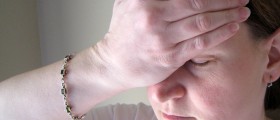

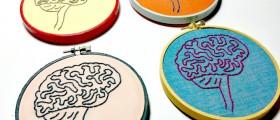
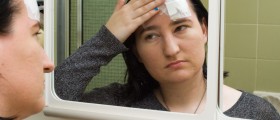
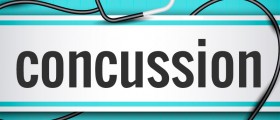





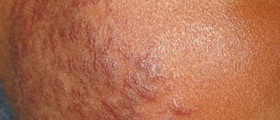



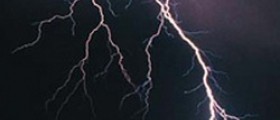
Your thoughts on this
Loading...